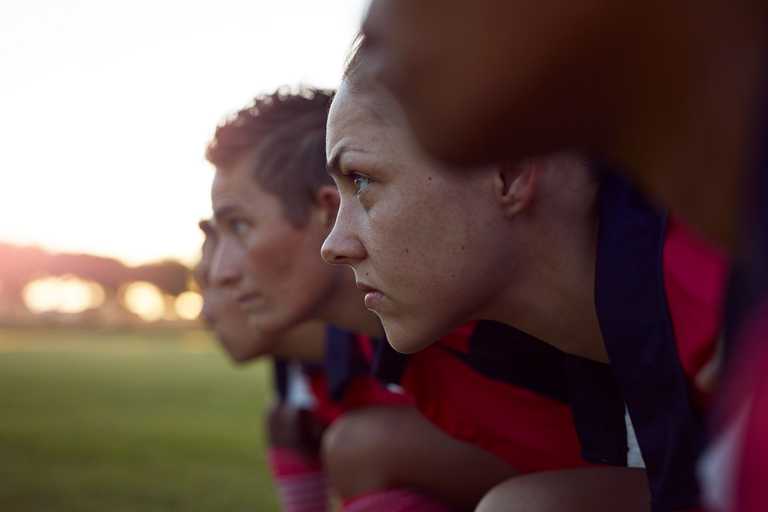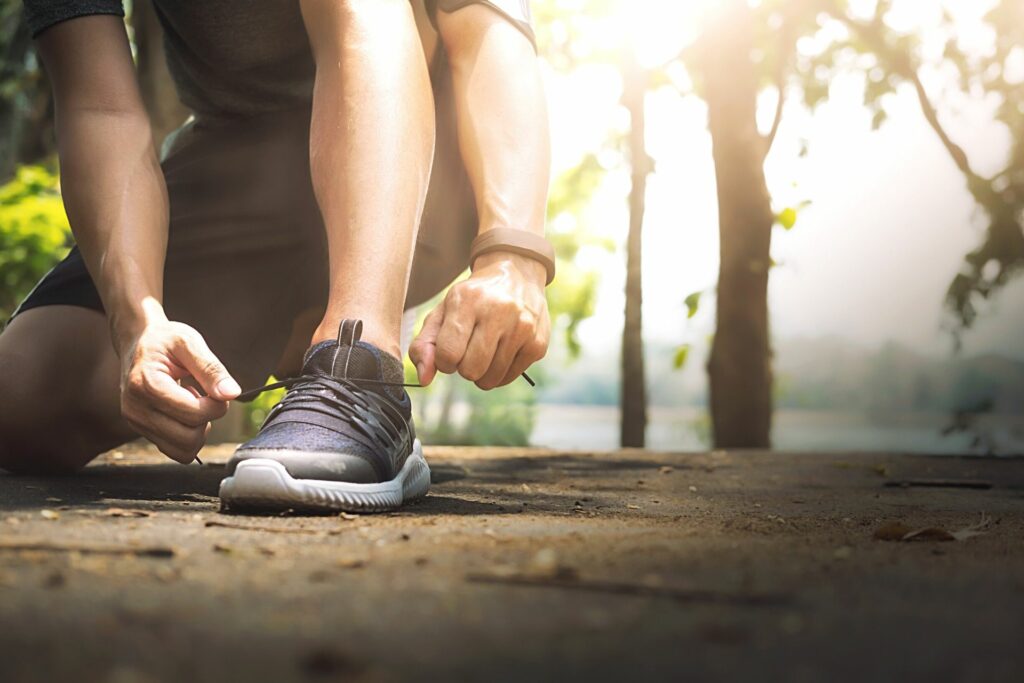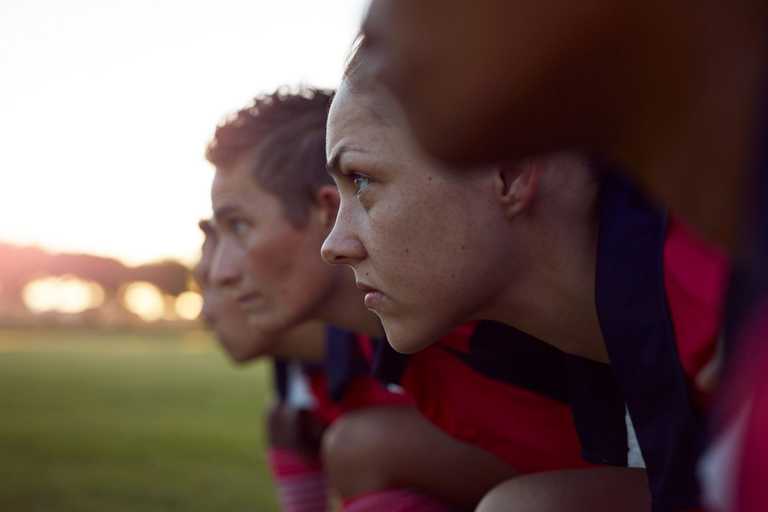
Sports Injury Assessment
You love to perform at your best. So when injury stops you in your tracks, it can be really tough. It’s vital ...

It’s the moment that anyone training for a marathon dreads. Pain in the foot, shin, knee, thigh or hip that could signify a serious injury. When you are preparing for the big day, a plan for dealing with any injury is essential.
Some injuries dissipate in just a matter of days, others can linger on, especially if they are not treated properly. Getting the balance right while you are trying to assess if there is a problem or not, however, is challenging. Do you rest and run through it or get medical advice?
Serious injuries like ITB syndrome or Achilles tendinopathy are unlike to resolve without some form of medical treatment or extended rest. Simply gritting your teeth and pushing through the pain is not an option and generally makes things worse.
If you have suffered an injury while training for a marathon, we’ve put together some key points that should make your recovery easier.
This is probably the simplest precaution you take whether you are fully fit or are carrying an injury such as small niggle. According to Dr Phil Riley who has worked with elite athletes who take part in long-distance endurance events such as pro-cycling (INEOS and Team Sky):
“There’s little research concerning listening to your body because it’s difficult to measure but we have significant anecdotal evidence that it can make a difference. If you run through the pain and try to ignore it, the injury is going to get worse which means your recovery time will be longer.”
If you find that your body is giving you the wrong signals, you may want to slow down your pace or cut that two hour run to an hour or less. When acute pain comes on suddenly, it’s far better to stop and rest and assess the situation rather than continue because you have a target to reach.
If the pain subsides but then recurs once you start running again, it’s usually a sign that there has been a more significant injury. It helps to record any niggles or pain you have so you can review things over time. This documentation is useful when you do need to see a GP or sports rehabilitation specialist.

Once a running injury occurs, in the majority of cases it will get better with appropriate rest. There are steps you can take immediately you get home, however, which could improve recovery in the short term, even if you don’t feel the need to see a healthcare professional.
This is where the acronym POLICE come in useful, a term adopted by leading sports and exercise specialists.
POLICE stands for:
If you are training for a marathon, you’ll want to recover as quickly as possible. The first step is to protect the injured area. This doesn’t mean completely resting, however. What you’re trying to do here is still use the affected area but protect it from being damaged further.
Physiotherapists talk of a short period of rest to ‘unload’ the damaged area but keeping this limited. It can be a pretty fine judgement call and it helps if you get advice from a sports injury specialist.
Getting back to more activity will help you recover from your injury quicker.
The way this is normally done is by progressively loading the injured area and putting more work into your recovery. Some experienced athletes can figure out how to do this themselves but again it’s better to have input from a physiotherapist or sports rehabilitation expert.
An injured muscle or joint will benefit from applying an ice-pack every few hours for about 20 minutes and this may even reduce acute pain. It gets the blood flowing and reduces swelling which promotes quicker healing.
You should combine ice applications with a compression bandage which can also help keep any swelling down. This needs to be spread evenly over the injured area.
ELEVATION
Elevating the injured area above the level of the heart if possible will also contribute to reducing pain and bringing any swelling down.
If you have suffered an injury and are in pain, the first thing you might want to do is reach for a couple of Ibuprofen tablets. It’s a common mistake that many marathon runners make.
First of all, the inflammatory response that occurs following an injury is perfectly natural and it’s the body’s way of starting to repair things. Secondly, taking anti-inflammatories immediately means that this response is dampened – that means you might get back on your feet too quickly and not recover as quickly or potentially cause more damage.
It may help with the pain to take Ibuprofen but we suggest you leave any anti-inflammatories until at least 48 hours after your injury.
Many minor injuries will subside relatively quickly and you can get back to running, easing yourself into your routine again while taking care not to make the problem recur. If the injury seems significant and is not resolving as you expected or keeps returning, it’s important to seek medical advice.
This will normally involve tests such as a musculoskeletal assessment, and possibly progressing to imaging such as an MRI scan or ultrasound. This will tell you if you have a serious injury and what you need to do to recover from it.
A full assessment means that someone like a physiotherapist or sports rehabilitation expert will be able to create a focused recovery plan, with an intention to minimise the risk of recurrence. Even if you are unable to run, they will also help you develop an exercise regime that keeps you as fit as possible and maintains performance levels higher for when you do get back on the road.
When you have recovered from an injury, the last thing you want is for it to happen again. That’s where the adage ‘listen to your body’ is again useful.
It’s important not to rush back into your original routine and plan your running schedule to better meet your needs so that you build up to full fitness.
That includes understanding how rest and recovery between long runs are just as important as the training itself. Pushing beyond the pain is never a good idea and your recovery will proceed more effectively if you have a plan and stick to it alongside appropriate treatment.
You love to perform at your best. So when injury stops you in your tracks, it can be really tough. It’s vital ...
You like to perform at your best, so looking after your muscles and joints is high priority. The sports massag...
You love to perform at your best. So, when injury stops you in your tracks, that can be hugely frustrating. At...
Our all-inclusive diagnostic scanning package offers everything you need for quick, expert care—all for a fixed price.
Learn moreIn partnership with the General Practice Group, we have extended our Private GP service to our centre in Brighton.
Learn moreThe highly experienced physiotherapists at Prime Health Surrey are here to help you perform at your best.
Learn morePrime Health Surrey has enhanced its healthcare offering with the installation of a state-of-the-art CT scanner. Appointments available.
Learn more




